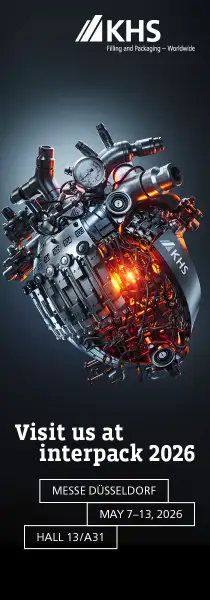DS Smith finds Brits concerned by excessively packaged Easter eggs

A new survey commissioned by DS Smith projects that British consumers will purchase approximately 123 million Easter eggs this year, generating an estimated 8,800 tons of packaging waste across the UK.
The study of 2,000 UK adults found the average British consumer will consume 165 Easter eggs in their lifetime, receiving around three annually. More than two-thirds of the consumers believe Easter eggs are “excessively packaged,” with over a quarter feeling annoyed by the waste accumulated and 22% now choosing eggs based on packaging recyclability.
Samantha Upham, senior sustainability manager at DS Smith, says: “Chocolate eggs are a lovely part of Easter. While most of these eggs will be devoured on the day, the packaging they come in can have a much longer life cycle.”
“Decades of progress have had a huge impact on the amount we recycle, with paper and card the most widely recycled materials in the UK. But too much of it is still ending up in landfills, and we need to challenge ourselves to do better.”
Clearer recycling and smarter design
Last year, Easter-related product launches accounted for 87% of confectionery releases, according to data from Innova Market Insights. In terms of packaging, wrappers remained the most common format at 54%, followed by folded boxes and flat pouches, according to the global data provider.
.jpg) Easter egg packaging often includes a mix of plastic and foil.The DS Smith survey reveals that 89% of British consumers recycle cardboard from their Easter eggs. Yet, over a third throw the egg’s foil packaging in a refuse bin when it can be recycled, and 17% discard the plastic box.
Easter egg packaging often includes a mix of plastic and foil.The DS Smith survey reveals that 89% of British consumers recycle cardboard from their Easter eggs. Yet, over a third throw the egg’s foil packaging in a refuse bin when it can be recycled, and 17% discard the plastic box.
“It’s lovely to enjoy Easter treats, but the environment doesn’t need to pay the price. Confectionery companies have come a long way to remove unnecessary packaging and make the remaining wrapping recyclable,” says Upham.
“Simply separating cards, plastic, and foil after your Easter feast means materials have the best chance of being recycled rather than sent to landfills. If you’re not certain what goes into which bin, check out your local recycling rules.”
The quarter of survey respondents who does not typically recycle Easter egg packaging blames unclear recycling instructions on the label, and 36% say certain materials cannot be recycled in the area. More than a third of the respondents say that they’re confused about which parts of Easter egg packaging are recyclable.
DS Smith survey advocates for uniform recycling systems across the UK, clearer labeling, better consumer education, and separate paper and card collections to improve recycling rates.











